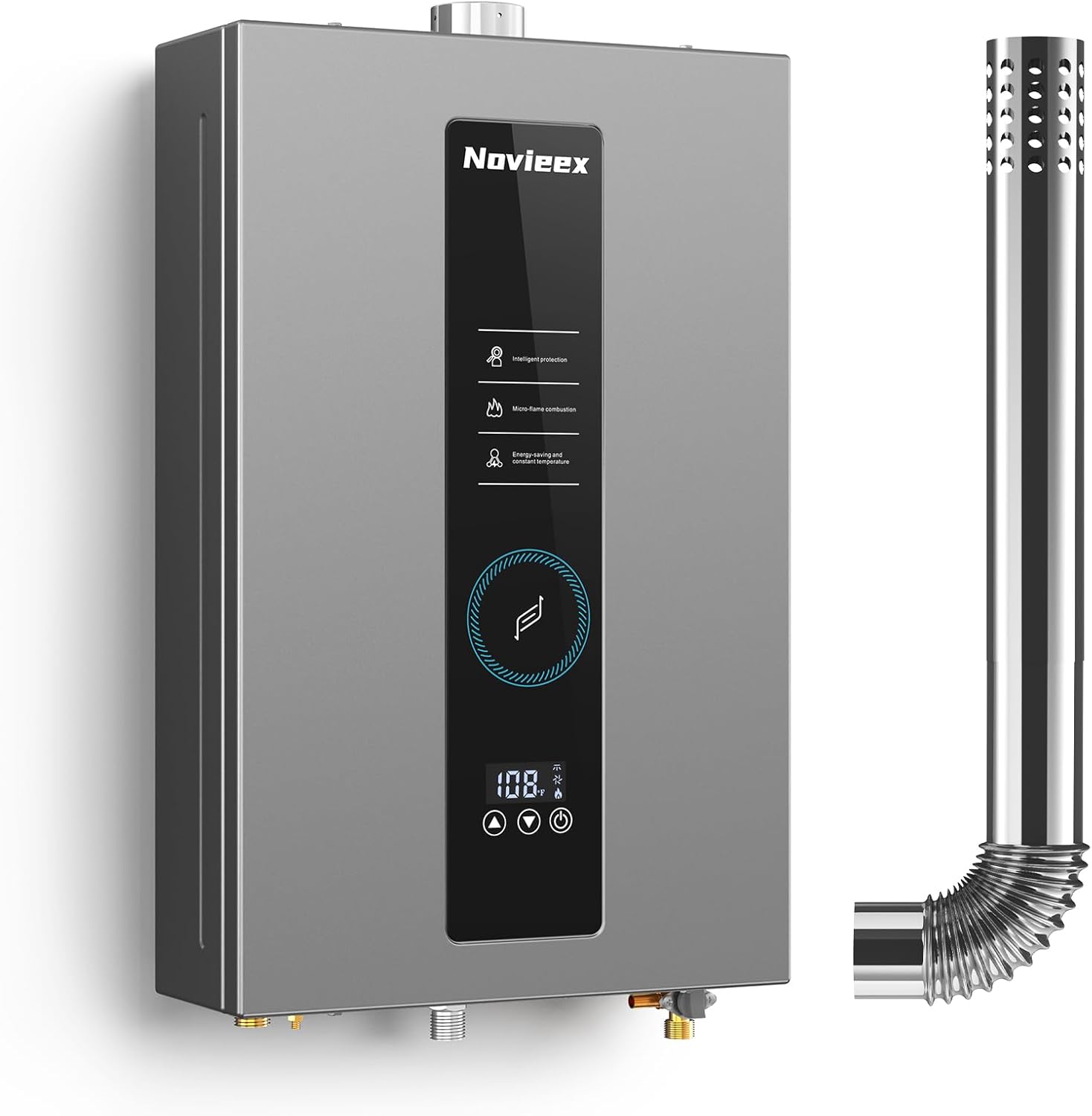Oil fired boiler repair: Regular maintenance and prompt repair of oil fired boilers are essential to ensure efficient operation, prevent breakdowns, and extend the lifespan of the unit, with common issues including fuel leaks, ignition failures, and clogged filters that require professional attention.
Oil-fired boilers remain one of the most reliable heating systems, with modern units achieving efficiency ratings of 85% or higher. However, like all mechanical systems, they require proper maintenance and occasional repairs to function optimally. This guide covers everything from routine maintenance to emergency repairs for oil-fired boilers.

Essential Oil Boiler Maintenance
Annual Tune-Ups
Yearly professional maintenance is crucial for oil boilers. Modern cleaner fuels have reduced flue clogging, but adjustments are still needed for:
- Burner efficiency optimization
- Nozzle inspection and replacement
- Combustion chamber cleaning
- Safety control testing
Regular maintenance can prevent up to 85% of common boiler problems according to HVAC professionals.
Fuel Management
Never letting your oil tank run dry is critical. When a boiler runs out of fuel:
- Air enters the fuel line
- Sludge accumulates
- The system requires professional bleeding
Consider automatic delivery services to prevent fuel shortages. Learn more about what to do if heating oil freezes in cold weather.

Common Oil Boiler Repairs
Target Wall Replacement
The target wall (or refractory wall) is a heat-resistant board that protects the boiler’s back wall from direct flame impingement. Common issues include:
| Problem | Symptoms | Solution |
|---|---|---|
| Cracked target wall | Hot spots on boiler exterior | Complete chamber kit replacement |
| Degraded kaowool board | Reduced efficiency | Professional replacement |
Replacement typically takes 2-4 hours and should include combustion testing afterward.
Burner Nozzle Problems
The burner nozzle is critical for proper fuel atomization. Issues here can cause:
- Inefficient combustion
- Sooting
- Increased fuel consumption
Nozzles should be replaced annually during maintenance. For related heating solutions, see our guide on how oil-fired boilers work.
Troubleshooting Before Calling for Repair
Before contacting a professional, check these simple issues:
- Fuel supply: Verify oil level in tank
- Power: Check circuit breakers and power switches
- Thermostat: Ensure it’s set above current room temperature
- Filters: Replace clogged air or fuel filters
When to Call a Professional
Immediate professional attention is needed for:
- Unusual noises (banging, screeching)
- Visible smoke or soot
- Persistent ignition failures
- Water leaks around the boiler
For complex issues like common oil boiler problems, professional diagnosis is essential.
Choosing a Repair Service
Select technicians with:
- NATE certification
- Brand-specific training
- Combustion analysis equipment
- 24/7 emergency service
According to HeatingHelp.com, proper combustion testing can improve efficiency by 10-15%.
Preventive Maintenance Programs
Many HVAC companies offer annual service contracts that typically include:
- Complete system inspection
- Burner adjustment
- Safety control testing
- Priority service
- Discounts on repairs
As noted by Hot Point Heating, these programs often come with performance guarantees.
Boiler Replacement Considerations
When repairs become frequent, consider:
| Factor | Old Boiler | New Boiler |
|---|---|---|
| Efficiency | 60-75% | 85-95% |
| Annual Fuel Use | Higher | Lower |
| Repair Frequency | Often | Rare |
Modern condensing oil boilers can reduce fuel consumption by up to 30% compared to older models.

